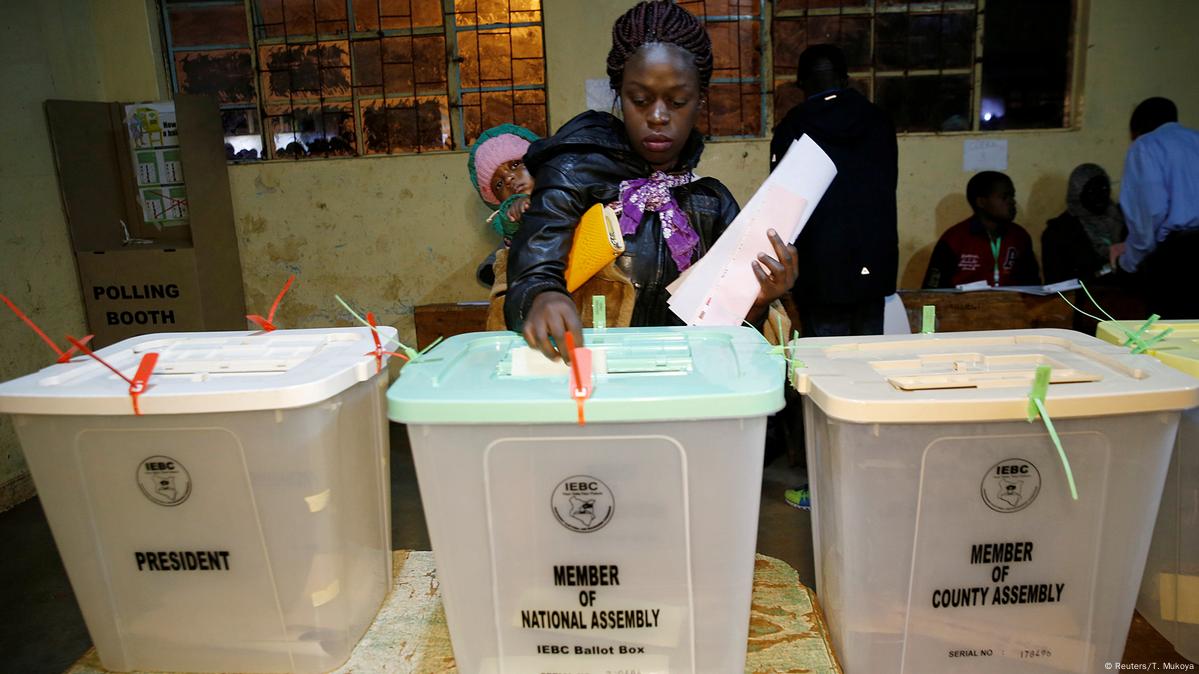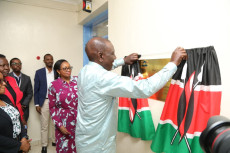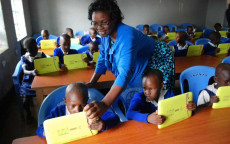- If you win, accept you win fairly. But if we have politicians who believe that elections are free and fair if and only if they win and if they lose is not free and fair, then that is selfishness.” Dr. Ndonye’s reflections reveal that the path toward a more democratic and peaceful Kenya requires a fundamental shift in political culture, both from leaders and the citizens who elect them.
In Kenya, almost every presidential election has ended with the losing candidate challenging the credibility of the results. Political analyst Dr. Michael Ndonye, in a recent interview on the Talkchat Podcast, delved into the deeper implications of this recurring pattern and what it means for democracy when elections are doubted even before ballots are cast.
He explained how voter education has been an issue since the early years of multiparty democracy. He gave an example from 1997 where voters were misled into thinking that marking an X on a candidate’s name meant voting against them.
“There were voters who were told that to vote against a candidate, you mark an X on their name. What that meant, practically, was they ended up voting for the very candidate they were trying to reject. That brought a lot of issues,” he said.
This misinformation led to confusion and played a role in fueling post-election controversies.
Dr. Ndonye further pointed out that in the history of Kenya, the only presidential candidate who has ever accepted defeat is Uhuru Kenyatta in 2002. Since then, the main challenger has often been Raila Odinga, who has never accepted defeat.
Read More
"He has successfully convinced his supporters that there is no way to win a Kenyan election freely and fairly. The vote must be stolen." he added.
This belief has over time cast deep suspicion on the Independent Electoral and Boundaries Commission (IEBC), especially among opposition supporters.
Even in past referenda, such as those in 2005 and 2010, there were still claims that the vote was stolen. Dr. Ndonye noted that the IEBC has been perceived as a 'vote stealing machine' especially by the opposition because according to him, that is an easier way of coming out of crisis.
This repeated narrative has contributed to an erosion of trust in electoral institutions and has directly affected voter turnout. The analyst has highlighted how this growing doubt has led to voter apathy and low voter turnout, where people no longer believe that their vote can make a difference.
“If these people had voted, it would have made a difference,” he remarked, emphasizing the lost potential in a disillusioned electorate.
Looking ahead to the 2027 general election, Dr. Ndonye expressed doubts about the possibility of a peaceful concession. “Even in 2027, it would be very unlikely to witness a candidate who would concede defeat,” he said. For this to change, the analyst stressed that people need to change the way they see politics.
“People should know we cannot have two presidents at the same time. We must have a winner and a loser. Trust is a deliberate decision. We can deliberately build trust in our institutions by being truthful. If you are defeated, accept you are defeated and you can fight another day.
"If you win, accept you win fairly. But if we have politicians who believe that elections are free and fair only if they win and believe it is not free and fair if they lose, then that is selfishness," he added.
Dr. Ndonye’s reflections reveal that the path toward a more democratic and peaceful Kenya requires a fundamental shift in political culture, both from leaders and the citizens who elect them.












